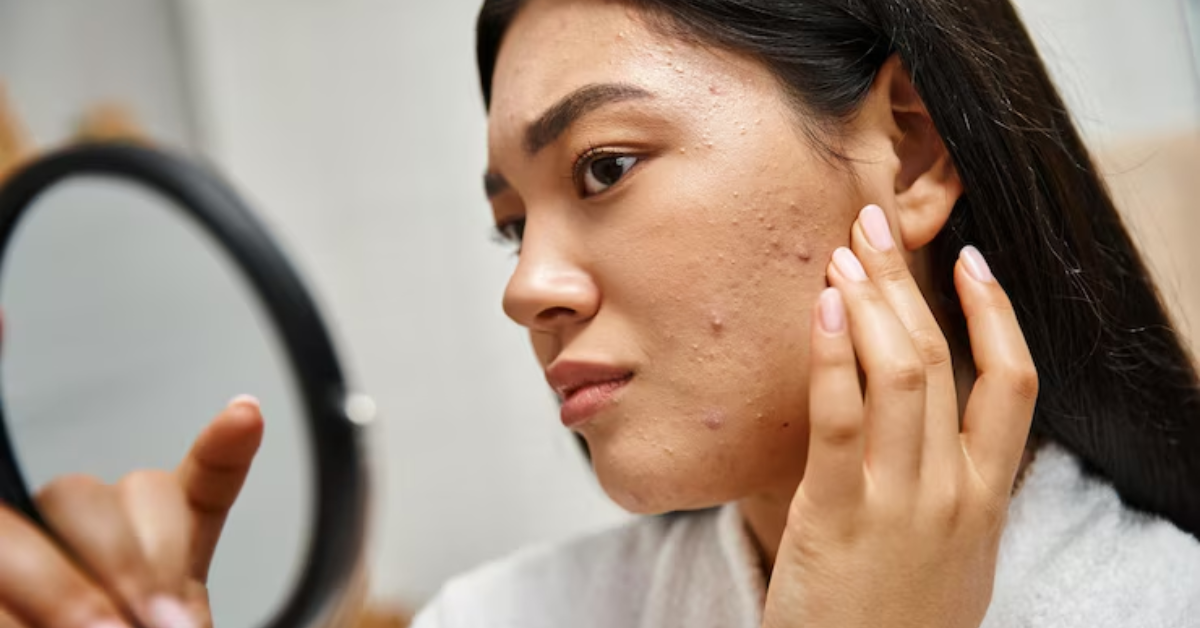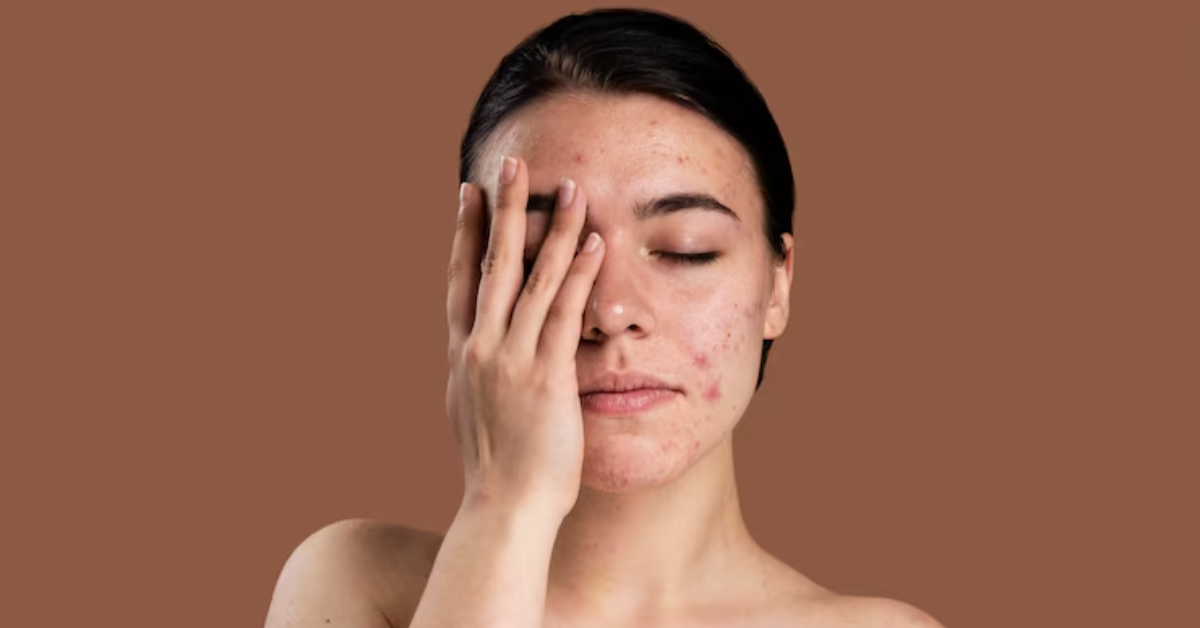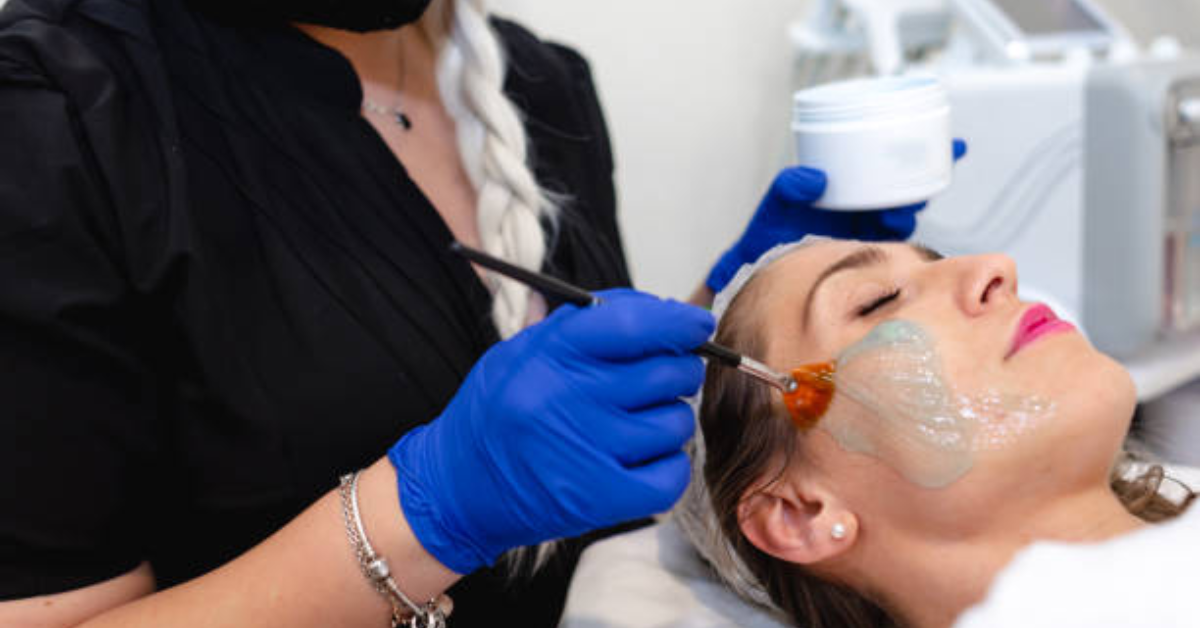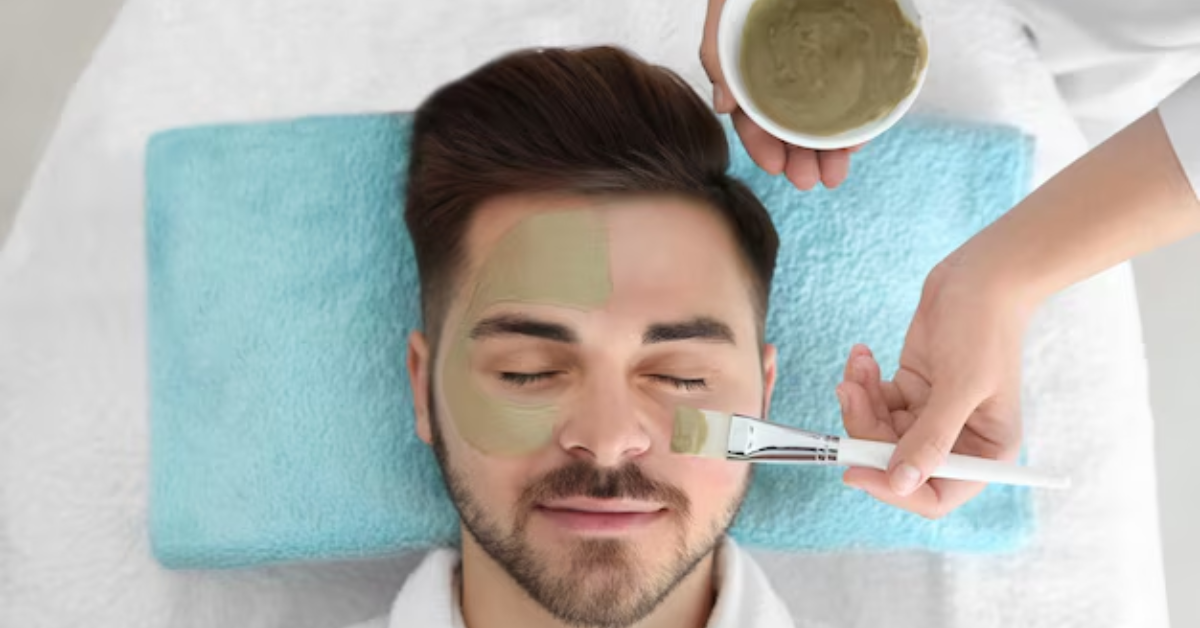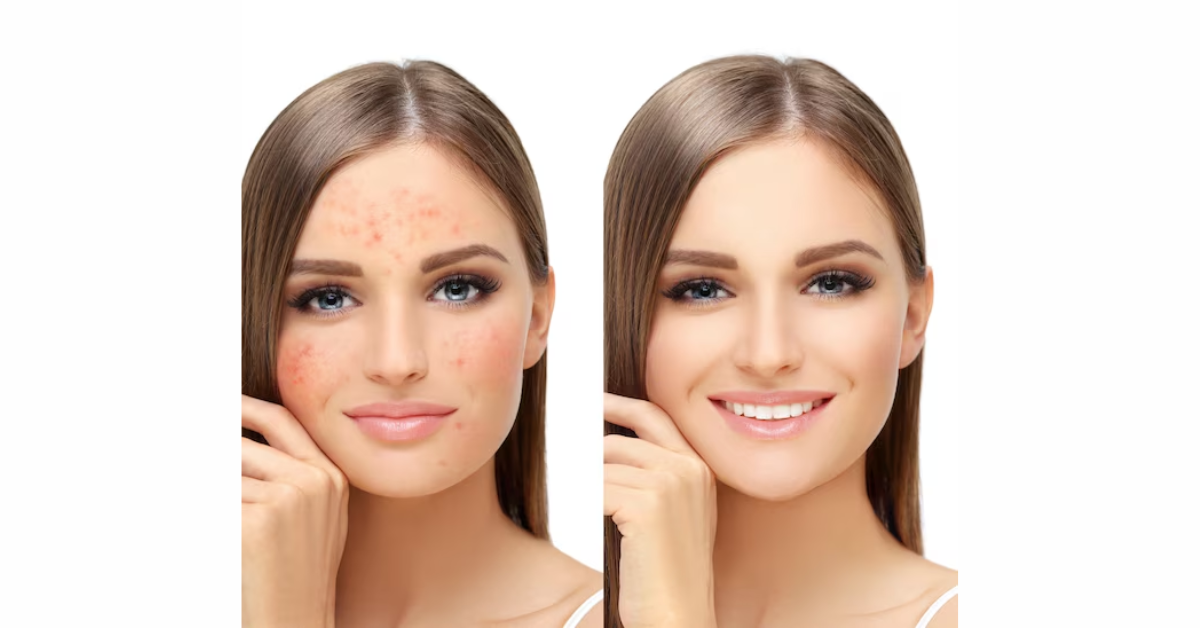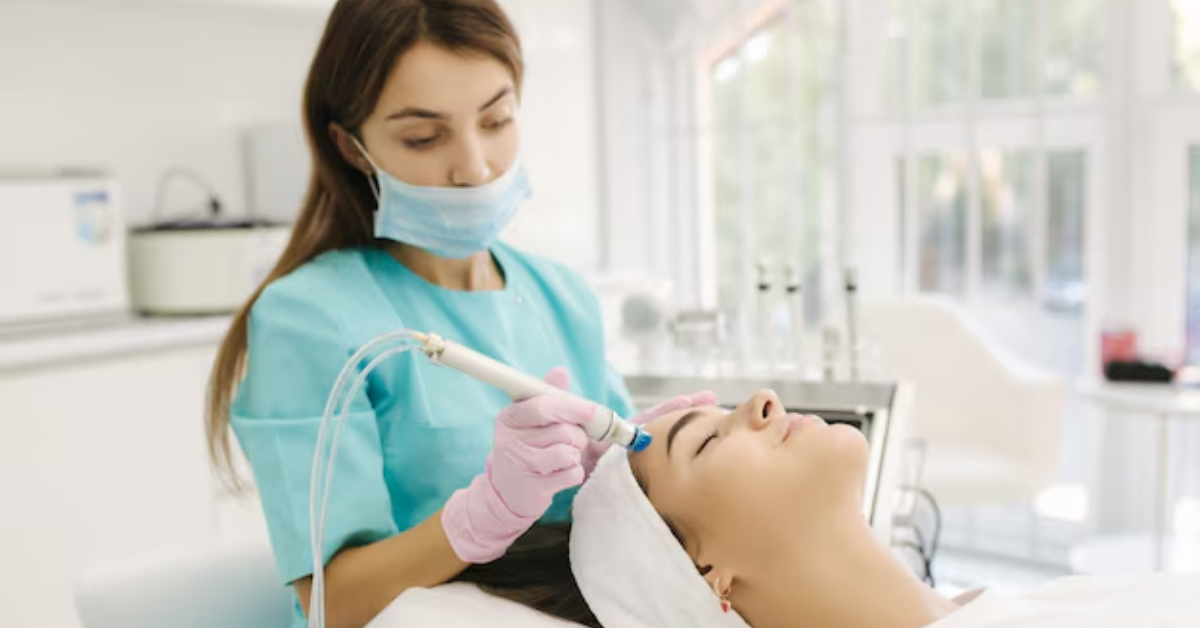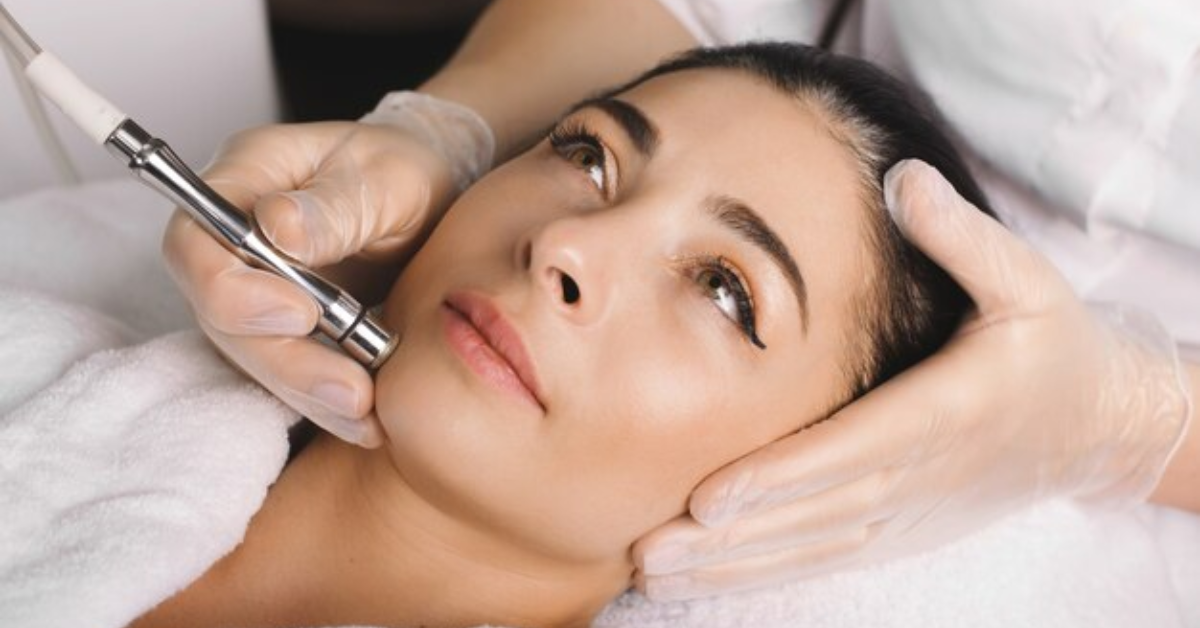What To Avoid After Hifu Treatment?
High-Intensity Focused Ultrasound (HIFU) treatment is a revolutionary non-invasive procedure for skin tightening and rejuvenation. Utilizing ultrasound energy, HIFU targets the deep layers of the skin, stimulating collagen production to achieve a firmer and more youthful appearance. This advanced treatment is popular for its effectiveness and minimal downtime compared to surgical options. However, the success of HIFU depends significantly on how well you care for your skin post-treatment. To achieve the best results and ensure a smooth recovery, it is crucial to follow post-treatment guidelines carefully. Here, we detail what to avoid after HIFU treatment to maximize the benefits and minimize potential side effects.
HIFU and Its Benefits
HIFU leverages ultrasound energy to stimulate collagen production in the deeper layers of the skin. By focusing high-frequency sound waves on specific areas, HIFU generates heat, which triggers the body's natural healing response. This process results in the formation of new collagen, a protein that provides structure and elasticity to the skin, leading to firmer, more youthful-looking skin without the need for surgery. Common areas treated with HIFU include the face, neck, and décolletage, but it can also be used on other parts of the body showing signs of aging. While the procedure is generally safe and effective, adhering to aftercare recommendations is essential for achieving optimal outcomes and preventing potential side effects.
Avoid Direct Sun Exposure
After HIFU treatment, your skin is more sensitive to ultraviolet (UV) rays. Direct sun exposure can cause hyperpigmentation and other skin complications. UV rays can also slow down the healing process and diminish the treatment’s effectiveness.
Tips to Protect Your Skin
- Use Sunscreen: Apply a broad-spectrum sunscreen with an SPF of 30 or higher daily.
- Wear Protective Clothing: Hats, sunglasses, and long sleeves can shield your skin from harmful rays.
- Stay Indoors During Peak Hours: Avoid going outside between 10 AM and 4 PM when the sun’s rays are the strongest.
Refrain from Strenuous Activities
Intense physical activities can increase blood circulation, which might lead to swelling or bruising in the treated area. It is advisable to avoid strenuous exercise for at least 48 hours post-treatment.
Recommended Activities
- Light Walking: Gentle walking can keep you active without putting stress on your skin.
- Relaxation Techniques: Engage in activities like yoga or meditation that promote relaxation without physical exertion.
Do Not Apply Heavy Makeup
Your skin needs time to breathe and recover after HIFU treatment. Applying heavy makeup can clog pores and irritate sensitive skin, leading to breakouts or infections.
Skin Care Alternatives
- Use Minimal Makeup: Opt for lightweight, non-comedogenic products if makeup is necessary.
- Hydrate Your Skin: Use gentle, hydrating moisturizers to support skin recovery.
- Cleanse Gently: Use mild cleansers to remove makeup and impurities without irritating the skin.
Avoid Extreme Temperatures
Exposure to extreme temperatures, such as hot baths, saunas, or ice packs, can exacerbate swelling and discomfort. It is best to avoid such conditions for at least a week after your HIFU session.
Maintaining a Comfortable Temperature
- Take Lukewarm Showers: Avoid hot showers or baths.
- Stay Indoors: Keep your environment at a comfortable room temperature.
- Dress Appropriately: Wear layers to adjust to temperature changes without exposing your skin to extremes.
Say No to Alcohol and Smoking
Both alcohol and smoking can hinder the healing process. Alcohol can dehydrate your skin and impair your body’s ability to recover. Smoking reduces blood flow, which can delay skin repair and increase the risk of complications.
Healthier Alternatives
- Stay Hydrated: Drink plenty of water to support skin health and healing.
- Avoid Alcohol: Refrain from drinking alcohol for at least a week post-treatment.
- Quit Smoking: Consider quitting smoking to enhance overall skin health and recovery.
Avoid Exfoliating Treatments
Exfoliating treatments, including chemical peels and scrubs, can irritate your already sensitive skin. These treatments should be avoided for at least two weeks after HIFU.
Gentle Skin Care Practices
- Use Mild Products: Opt for gentle, hydrating cleansers and moisturizers.
- Avoid Harsh Ingredients: Stay away from products containing retinoids or acids until your skin has fully healed.
- Pat Dry: After washing your face, pat your skin dry with a soft towel instead of rubbing it.
Conclusion
Adhering to the recommended guidelines on what to avoid after HIFU treatment is crucial for ensuring
optimal results and minimizing potential side effects. Avoiding direct sun exposure, steering clear of harsh skincare products, refraining from intense physical activities, and not undergoing other cosmetic treatments immediately after HIFU can significantly aid in the healing process. By taking these precautions, you can enhance the effectiveness of the treatment and maintain healthy, rejuvenated skin. Always consult with your healthcare provider for personalized advice and follow their instructions diligently to achieve the best possible outcome.

